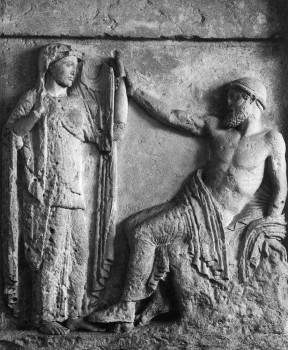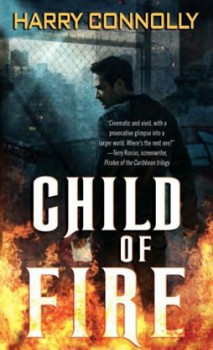Pottermore Revealed: Unique “Online Reading Experience” says Rowling
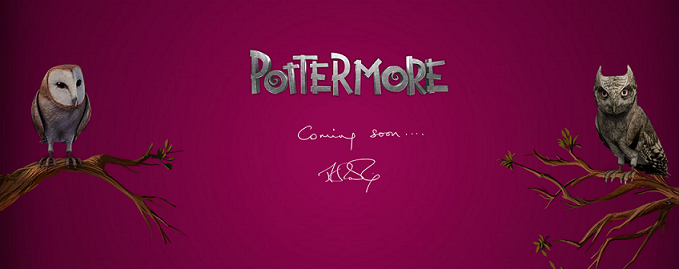 Harry Potter author J.K. Rowling announced this morning (video here) that she will be releasing
Harry Potter author J.K. Rowling announced this morning (video here) that she will be releasing
“something unique: an online reading experience unlike any other. It’s called Pottermore. It’s the same story, with a few crucial additions. The most important one is you. Just as the experience of reading requires that the imaginations of the author and reader work together to create the story, so Pottermore will be built in part by you, the reader. The digital generation will be able to enjoy a safe, online reading experience built around the Harry Potter books.“
She claims that this new website will include not only the ability to buy digital audiobook and e-book versions of the Potter series, but also that she will be directly involved with the community, revealing tidbits about the universe which she’s known for years but which never made it directly into the novels.
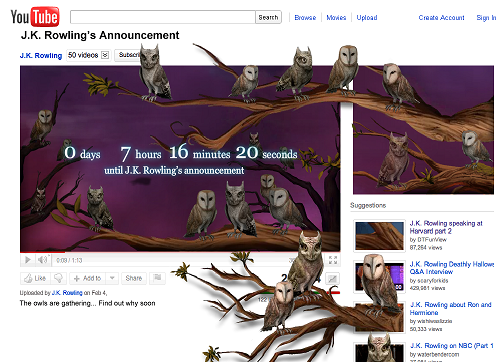 For about a week, rumors have been swirling across the internet about the exact nature of Pottermore, since Rowling established a website by that name and a mysterious countdown clock appeared on YouTube (shown below).
For about a week, rumors have been swirling across the internet about the exact nature of Pottermore, since Rowling established a website by that name and a mysterious countdown clock appeared on YouTube (shown below).
Speculations ran wild throughout the week, fueled by tantalizing clues, some of them intentional, such as an online Google Maps-based game, and some unintentional, like the discovery that Warner Bros. had registered the website for trademark as a “global information computer network.”
Rowling and her spokesmen have been quiet on the details, except to stay that it is definitely not a new novel set in the Harry Potter universe, but still some have wondered if it was the long-anticipated Harry Potter encyclopedia, which Rowling has hinted may someday be released for charity.

 Serial storytelling is something of a mystery; even more so, perhaps, than most storytelling. When done right, it seems to hook an audience, to get them to invest heavily in the story being serialised. But for whatever reason, most serial forms have been pigeonholed as strictly popular arts; serial storytellers have generally been assumed to have a low amount of literary ambition. These presumptions about serials, and the way the form works, have always intrigued me — the more so since I’ve set out to write
Serial storytelling is something of a mystery; even more so, perhaps, than most storytelling. When done right, it seems to hook an audience, to get them to invest heavily in the story being serialised. But for whatever reason, most serial forms have been pigeonholed as strictly popular arts; serial storytellers have generally been assumed to have a low amount of literary ambition. These presumptions about serials, and the way the form works, have always intrigued me — the more so since I’ve set out to write  Writers of the Future Volume XXVII is now available for
Writers of the Future Volume XXVII is now available for 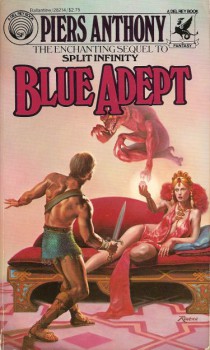
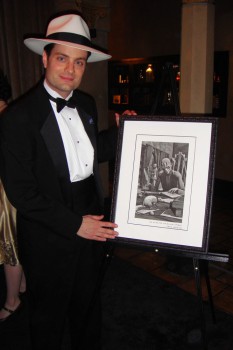
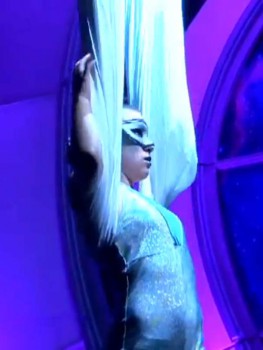 I have returned after a two-week hiatus from Black Gate. It was a — busy time.
I have returned after a two-week hiatus from Black Gate. It was a — busy time.

